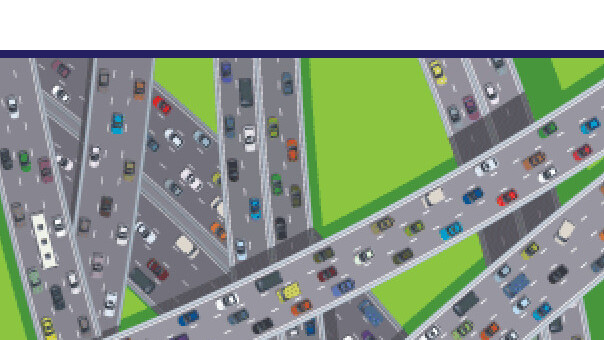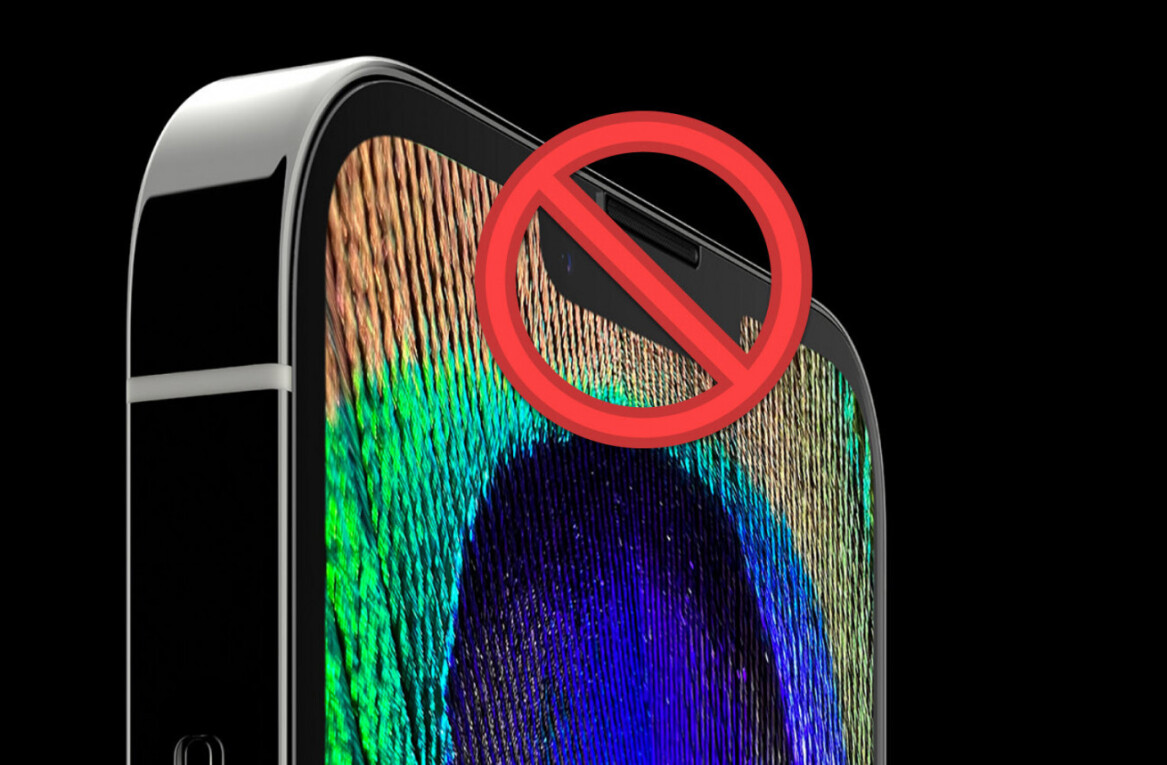
 TNW Quick Hit
TNW Quick Hit
TrafficTalk (free) is a new iPhone app with a new approach to transforming one’s daily commute. The app connects users driving the same roads in a live, audio-conference-style setting.
Hits: Setup is simple and TrafficTalk’s design and features are something those who commute daily and despise traffic can, and will appreciate.
Misses: Service is available in only the 20 most congested U.S. cities, and as with all crowdsourced services, could result in some users providing misinformation.
Overall: 4/5
The Details:
“Traffic sucks.” For those who drive daily those words are uttered to oneself, when calling another to announce possible tardiness, or is a statement posted to a social network as one sits idling in a car with other hapless commuters.
Waze, an app covered by TNW, is a social driving service with an added gaming element. Users of Waze share information with others concerning road conditions thanks to the app’s automated information publishing features based on speed and location gleaned through the app’s use. It’s a good app, but the game-like features can turn some users off and as a user of Waze both on iPhone and Android devices, I can attest to the app’s battery-draining power.
TrafficTalk, from NewVoice Social, takes a different approach to taming traffic turmoil. According to the app’s creators:
“TrafficTalk is a traffic information service which enables drivers using mobile phones to come together in an audio conference environment, where they can safely share details about traffic conditions and help each other avoid or escape back-ups. Commuters connect to localized “communities”, each covering different parts of a metro area. Group conversations are focused on particular roadways, allowing people to get the details they need to make informed decisions. As a voice-based service, TrafficTalk allows eyes to remain on the road and hands on the wheel.”
A super neat idea with easy-to-use features.
The downside for those desiring to use TrafficTalk is the service is currently available in the 20 “most congested U.S. cities”: Los Angeles, Washington DC, Atlanta, Houston, San Francisco, Dallas-Ft. Worth, Detroit, Miami, New York Metro, Phoenix, Seattle, Boston, Chicago, Philadelphia, Orlando, San Diego, Tampa Bay, Denver, Baltimore, and Las Vegas.
Thankfully? as a resident of Dallas-Ft.Worth, I have had the pleasure of using TrafficTalk to discover what roads to avoid due to construction, accidents, and/or general congestion.
Getting started requires simple registration and selection of communities (roads) near you which you can mark as favorites for swift connections when seeking traffic information. Further simplifying matters, TrafficTalk saves your recent connections resulting in easy access to communities for those roads you frequent.
Once you’re ready to connect and receive traffic information, one can either connect through the iPhone app, or store numbers for your community in your phone so you have them when you need them. If you choose the latter option, speak your command with any hands-free method, connecting you to TrafficTalk.

Once you enter the conversation, you’re on mute, allowing one to listen and hear live reports from drivers in your area. If you have information to share, get placed in the queue and when it’s your turn, share your traffic information.
Here’s a sample of what you’ll hear when using TrafficTalk.
By allowing one’s eyes to remain on the road, one’s hands to remain on the wheel, and making one’s car travel more smooth, TrafficTalk’s information-sharing method is what any driver in the communities it serves can use to take the dread out of one’s daily commute.
Get the TNW newsletter
Get the most important tech news in your inbox each week.
 TNW Quick Hit
TNW Quick Hit




